The term “lesbian boyfriend” might sound contradictory at first glance, especially if you’re only thinking in terms of rigid gender norms.

In reality, it’s a label that holds a lot of meaning, identity, and affirmation for people across the queer community. Like many modern identity terms, it lives outside traditional definitions and reflects how fluid and personal gender, attraction, and relationships can be. If you’ve seen the phrase and wondered what it really means, here are some things that’ll help you understand the nuance behind it.
1. It’s often used by transmasc or nonbinary people in queer relationships.
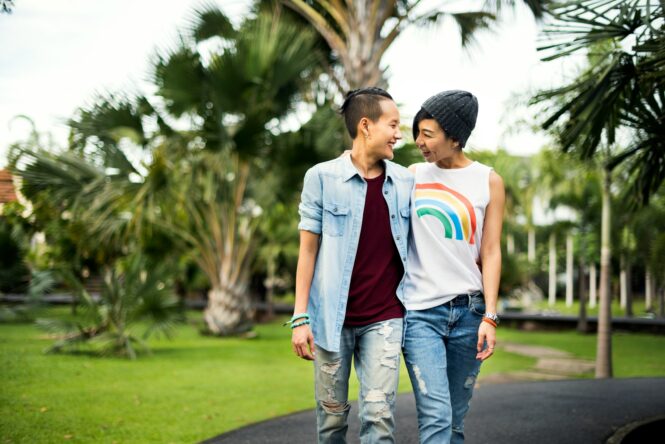
“Lesbian boyfriend” is a term that many transmasculine, nonbinary, or gender-diverse people use when they feel aligned with masculinity but still have strong connections to lesbian identity or culture. It sits in that space where gender and sexuality blur — and that’s the whole point.
It can feel like home for people who are masculine-presenting but still love being in queer spaces, dating women or lesbians, or feeling tied to the lesbian experience. The term doesn’t need to make traditional sense; it just needs to feel right for the person using it.
2. It’s about queerness, not conformity.
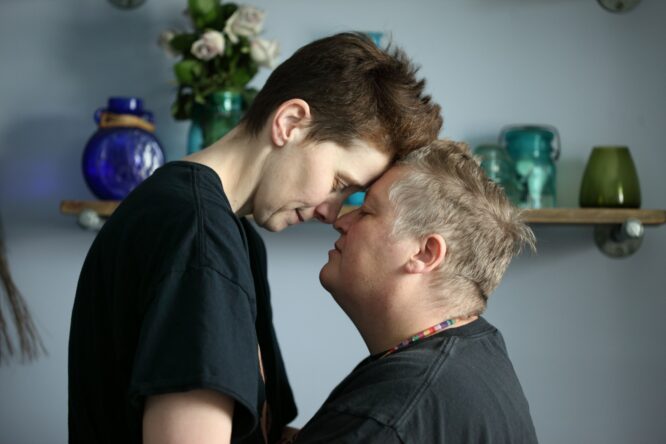
At its core, “lesbian boyfriend” is a rejection of the idea that gender and sexual orientation have to be neatly boxed. It pushes against the pressure to “choose one” or define identity in a way that fits mainstream comfort zones.
It’s proudly queer. Not male. Not straight. Not apologising for not fitting a binary. It’s a label that makes space for fluid identity and relationships that don’t look like what society expects, and that’s what makes it so empowering.
3. It often comes with a sense of playfulness and pride.

There’s something cheeky and confident about the term. For many, it’s both serious and fun—a mix of gender euphoria, queer culture, and not taking traditional labels too seriously. It’s a way to say, “This is me, and I’m not explaining myself for your comfort.” That playfulness helps ease tension in conversations about identity and also reminds people that self-definition can be joyful.
4. It doesn’t require full transition or medical affirmation.
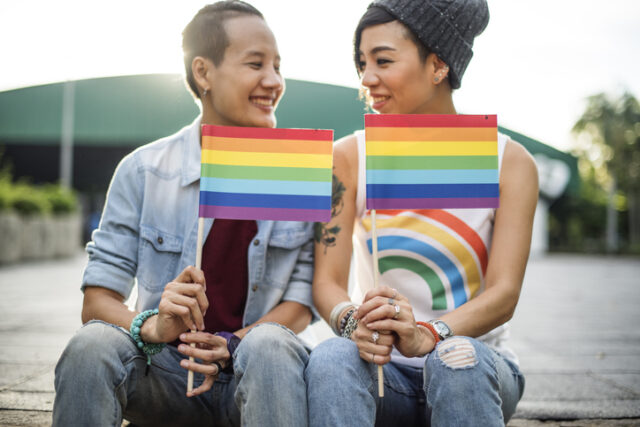
You don’t have to medically transition, change your pronouns, or adopt a new name to call yourself a lesbian boyfriend. It has nothing to do with passing; it’s about how someone sees themselves and where they feel they belong. Some people use the term while on a gender journey. Others use it to affirm a space they’ve always occupied. Either way, it’s not dependent on looking a certain way. In fact, it’s all about claiming a truth that resonates.
5. It’s not always easy to explain to outsiders.
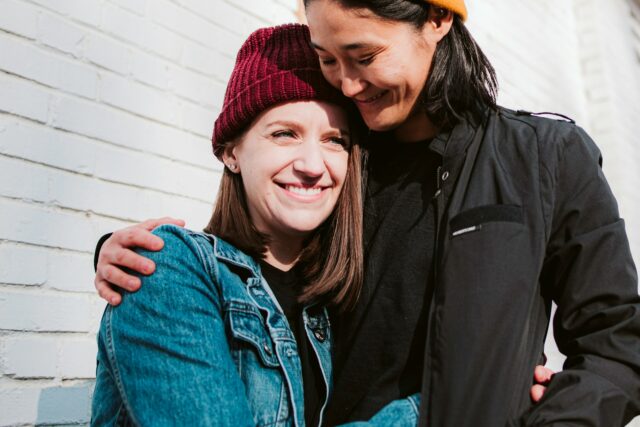 Source: Unsplash
Source: Unsplash To someone unfamiliar with queer language, the phrase can sound confusing. It doesn’t line up with how most people were taught to think about gender or sexuality, and that can create misunderstanding. However, it doesn’t need to make sense to everyone. It just needs to reflect how the person using it feels in their body, their relationships, and their place in the world. Not everything has to be translated into binary terms to be valid.
6. It can feel deeply affirming for queer partners, too.
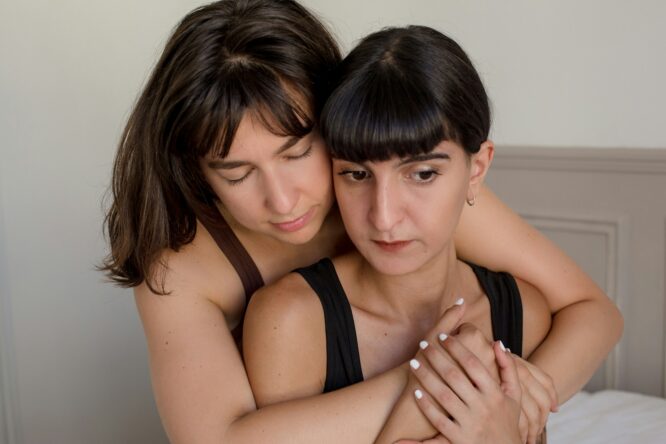
For people dating a “lesbian boyfriend,” the term can be affirming and freeing. It allows space for queer relationships that don’t follow traditional dynamics, and it helps queer couples feel more seen in who they actually are. It isn’t them desperately trying to fit into the heteronormative idea of what a “boyfriend” is. It’s about reshaping what that word means in a context where both people feel comfortable, respected, and fully themselves.
7. It allows masculine people to stay rooted in lesbian culture.
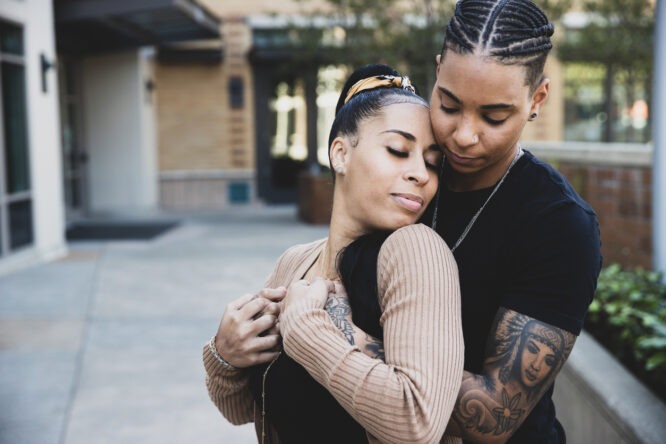
Many transmasc and nonbinary people feel a strong connection to lesbian history and culture, even as they move away from a “woman” label. The term “lesbian boyfriend” lets them stay close to those roots. It’s a way to honour where they’ve been, who they’ve loved, and the spaces that shaped them without having to give it all up to fit into a box that doesn’t quite fit. It’s about keeping queer connection alive.
8. It’s not the same as being a cis man in a relationship with a lesbian.

This distinction matters. “Lesbian boyfriend” is not a term that applies to cisgender men. It’s for people whose gender experience or identity doesn’t align neatly with the male/female binary, particularly within a queer or trans lens. If a cis man uses this term, it tends to be considered inappropriate or invalidating to lesbian identities. The phrase exists within a specific cultural and queer context, and that context is important to respect.
9. It’s a label that creates comfort, not confusion, for those who choose it.

For the people who identify this way, “lesbian boyfriend” isn’t a contradiction—it’s a relief. It holds parts of their identity that other labels ignore or try to separate. It lets them be whole, not divided. Labels don’t have to work for everyone. They just have to work for the person using them. And in a world that constantly tries to erase nuance, finding something that fits can be incredibly healing.
10. It might be part of a broader gender journey.
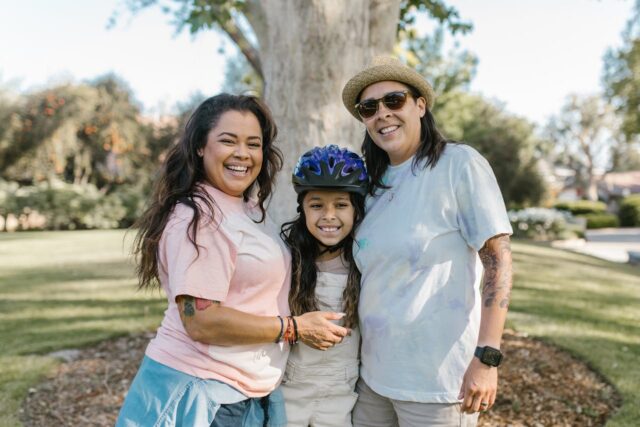 Source: Unsplash
Source: Unsplash Some people use “lesbian boyfriend” as a stepping stone in their identity, a way to explore gender, presentation, and queer relationships before settling into more permanent language or self-understanding. Others use it long-term because it fits perfectly. Either way, it gives space to experiment, define, and shift without pressure. It welcomes exploration rather than demanding certainty.
11. It highlights how language evolves in queer spaces.
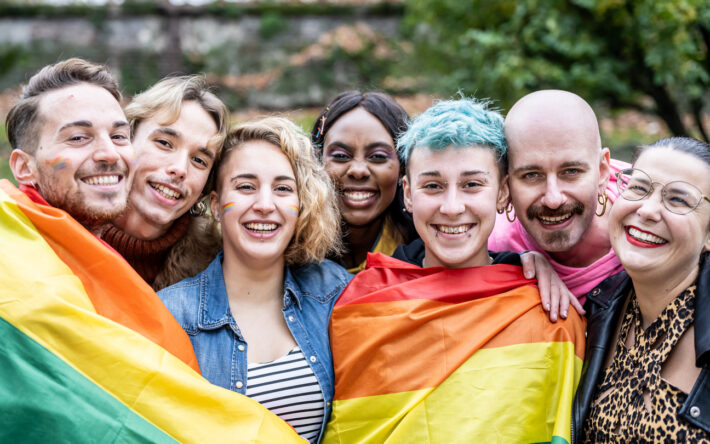
Queer communities have always found creative, non-traditional ways to describe themselves. “Lesbian boyfriend” is one more example of how language bends to meet lived experience, not the other way around. It reflects how queer people have shaped identity terms to be more flexible, personal, and culturally grounded. It doesn’t aim to explain everything, just to feel like the right fit for the person using it.
12. It may invite conversations, and that’s okay.

If someone uses the term openly, they may be asked about it. Not everyone wants to explain, and no one owes anyone a breakdown of their identity. However, some people see those conversations as chances to educate and connect. Whether or not someone chooses to unpack it, their use of the label is valid. If you’re curious, approach with respect, not interrogation. Oh, and remember that not every question needs an answer to be understood.
13. It’s a label rooted in self-love, not explanation.

At the end of the day, “lesbian boyfriend” is about finding language that fits, not making it make sense to everyone else. It allows people to take pride in who they are, who they love, and how they show up in the world. It’s not for outsiders to approve or define. It’s a celebration of queerness in all its complexity, and for many, it’s a term that feels like home in a world that doesn’t always make space for that.




